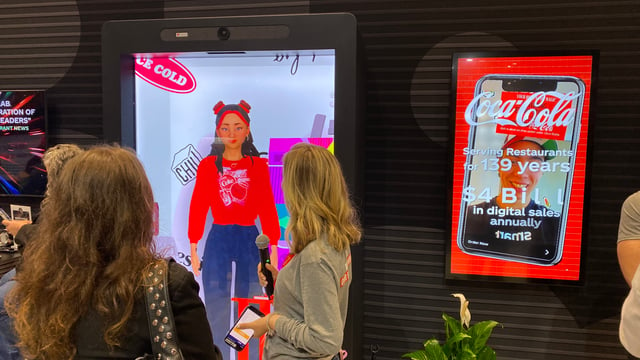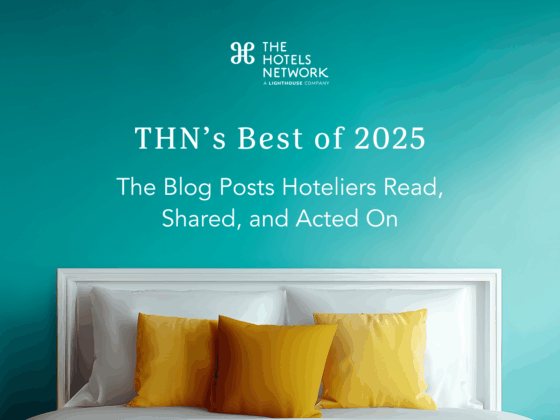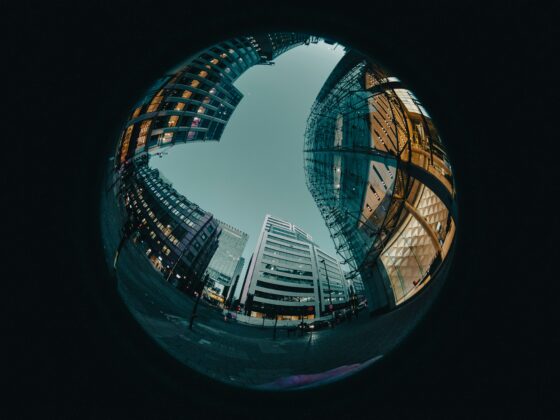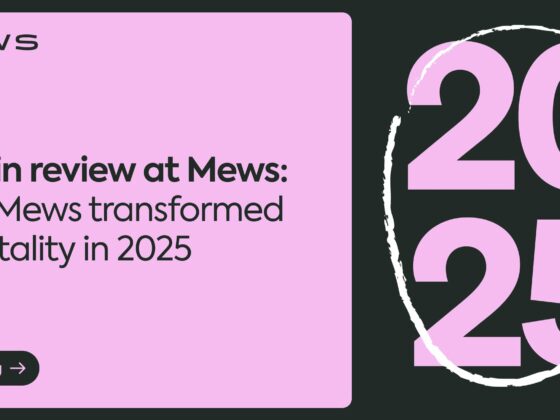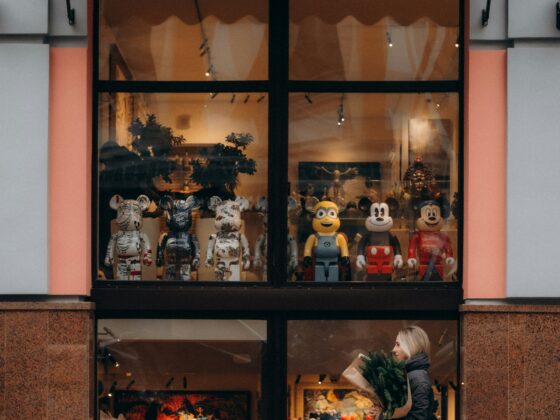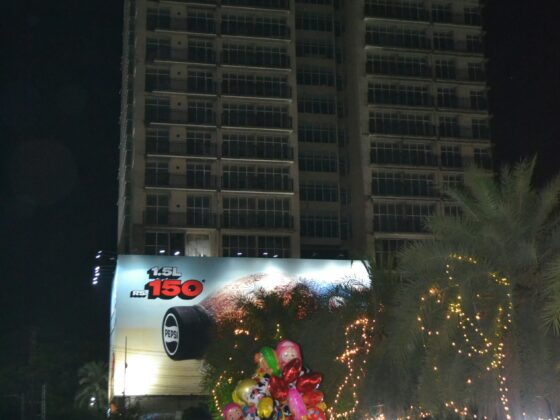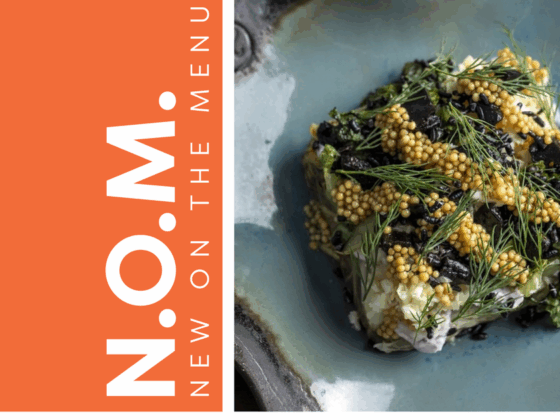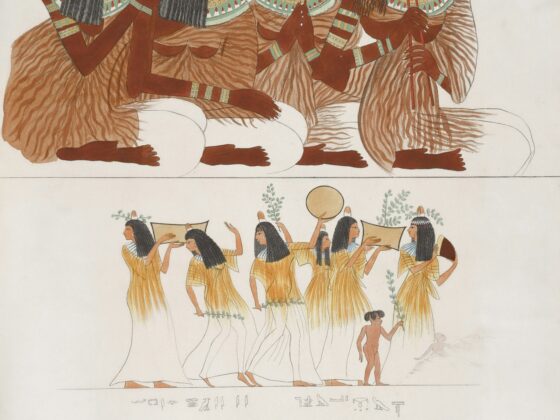The right software is a game-changer for hotel success, shaping everything from operational efficiency to guest satisfaction.
As technology continues to advance, hotels have transformed the way they manage daily tasks and interact with guests. Let’s take a look at some essential software solutions every hotel should consider.
7 Must-Have Software for Hotels
1. Property Management System (PMS)
A Property Management System (PMS) is the heart of hotel operations, handling everything from reservations and check-ins to billing and room assignments. A good PMS streamlines these processes, freeing up staff to focus on delivering exceptional service. Many modern PMS solutions also integrate with other software, offering hoteliers a complete view of their operations.
Tip for Hoteliers: Look for a cloud-based PMS that allows real-time updates, offers mobile access, and can easily scale as your business grows.
2. Channel Manager
Managing multiple distribution channels, from Online Travel Agents (OTAs) to direct bookings, can be complex without the right tools. A channel manager automates this process, syncing room rates and availability across all platforms, reducing the risk of overbookings or pricing discrepancies.
Tip for Hoteliers: A good channel manager helps hoteliers maximize their visibility across multiple online travel agencies (OTAs) and direct booking platforms. By automating updates in real-time, hotels save time and avoid errors. Additionally, it provides valuable insights into booking patterns and performance across various channels, helping hotels make better decisions to optimize revenue.
Example: STAAH Channel Manager
STAAH’s channel manager synchronizes room availability and rates across OTAs like Booking.com, Agoda, and Expedia. Hotels using this integration have reported reduced overbookings and better room occupancy rates.
3. Revenue Management Software (RMS)
Revenue Management Software (RMS) optimizes room pricing by analyzing market trends, competitor pricing, and demand patterns. By making informed pricing decisions, hoteliers can maximize revenue during both high and low seasons.
Tip for Hoteliers: Pair your RMS with your PMS to get a clearer picture of guest preferences, market conditions, and pricing strategies.
4. Booking Engine
A booking engine is essential for hotels to capture direct bookings from their website. Integrated with the hotel’s PMS, a booking engine ensures that guests can easily check availability, book rooms, and make secure payments online. Offering a smooth and user-friendly booking process not only boosts direct bookings but also improves the guest experience.
Tip for Hoteliers: Use a booking engine that is mobile-friendly and offers multiple language and currency options to cater to international guests. Providing exclusive offers for direct bookings can help reduce reliance on OTAs and increase your direct revenue.
Example: STAAH Booking Engine
STAAH’s booking engine integrates with the PMS and channel manager, providing a seamless experience for guests. It supports multiple payment options, allows hotels to manage promotions and packages, and gives real-time insights into booking performance.
5. Guest Feedback & Review Management Tools
Online reviews can significantly impact a hotel’s reputation. Managing guest feedback effectively can enhance visibility and credibility. With guest feedback tools, hotels can collect, monitor, and respond to reviews in real-time, improving their online presence.
Tip for Hoteliers: Prioritize responding to guest reviews promptly. Engaging with both positive and negative feedback builds trust and can turn unhappy guests into loyal ones.
Example: ReviewMinder
STAAH’s ReviewMinder collects guest reviews from platforms like Google and TripAdvisor, allowing hoteliers to monitor and respond quickly. This integration not only improves the guest experience but also strengthens a hotel’s online reputation.
6. Customer Relationship Management (CRM)
A Customer Relationship Management (CRM) system helps hotels track guest preferences, communication history, and loyalty programs. Personalizing guest experiences is critical for increasing satisfaction and encouraging repeat business, and a CRM makes it easier to manage these interactions effectively.
Tip for Hoteliers: Use your CRM data to create targeted marketing campaigns that cater to different guest segments, such as frequent travelers or special occasion visitors.
 7. Point-of-Sale (POS) Systems
7. Point-of-Sale (POS) Systems
For hotels with dining or spa services, an integrated POS system is essential. A good POS system connects with the hotel’s PMS, allowing guests to charge meals, drinks, or services directly to their room. This creates a smoother guest experience and simplifies billing at checkout.
Tip for Hoteliers: Ensure your POS system is seamlessly integrated with your PMS to create a frictionless guest experience, from ordering to billing.
Investing in the right software is no longer an option for hotels—it’s a necessity. By integrating essential tools like a PMS, channel manager, and CRM with STAAH, hotels can streamline operations, boost revenue, and elevate the guest experience. As the hospitality landscape continues to evolve, staying ahead of technology trends is key to long-term success.


